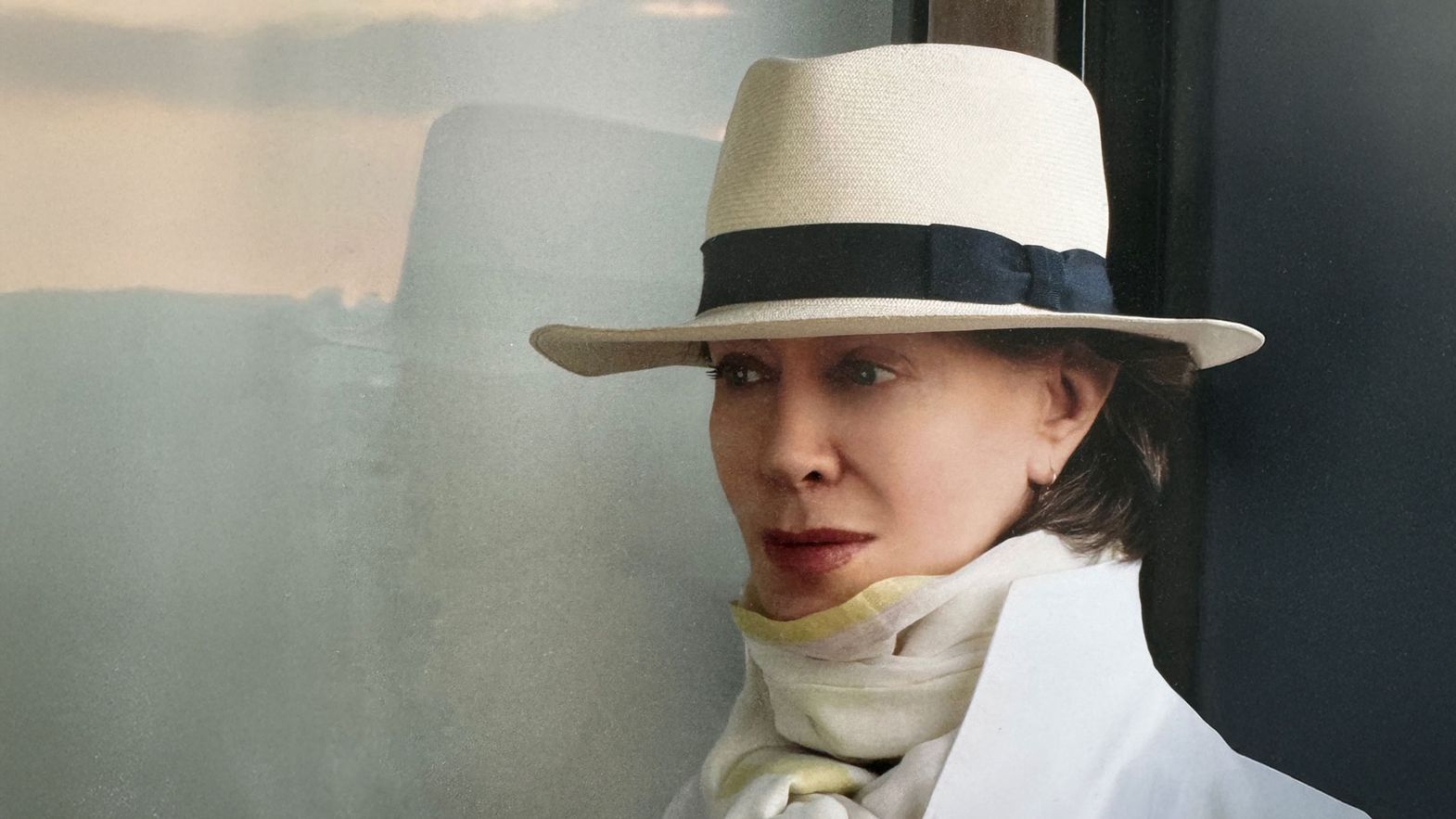Content language:
 © Roberto Granata
© Roberto Granata
Since making her debut as a costume designer on Stanley Kubrick’s A Clockwork Orange (1971), Milena Canonero has produced some of the most visionary costumes in film history and has shaped our collective imagination through the clothes we see on screen, using colorful fabrics and innovative cuts to draw out the essential natures of some of the most recognizable cinematic creations.
Take the Jazz Age tuxedos and gowns of Francis Ford Coppola’s The Cotton Club (1984), the pre-revolutionary aristocratic ruffles in Sofia Coppola’s Marie Antoinette (2006), Tilda Swinton’s elaborate, Klimt-like costumes in Wes Anderson’s The Grand Budapest Hotel (2014), or the stylish dark looks of Catherine Deneuve and Davie Bowie in Tony Scott’s horror film The Hunger (1983). Or take Warren Beatty’s magnificently colorful Dick Tracy (1990), the memorable outfits of Sidney Pollack’s Out of Africa (1986), the western get-ups of Jacques Audiard’s The Sisters Brothers (2018), the iconic costumes of Kubrick’s The Shining (1980) ... Or indeed, most recently, her interpretation of a postmodern Roman style in Francis Ford Coppola’s Megalopolis (2024) and her sixth collaboration with Wes Anderson on the ‘50s-set spy film The Phoenician Scheme (2025). From any of these titles, anyone can name a favorite design by Canonero, a testament to just how tightly her legacy is woven into the fabric of film history.
For her work, Canonero has been awarded four Academy Awards for Best Costume Design – for Stanley Kubrick’s Barry Lyndon (1975), Hugh Hudson’s Chariots of Fire (1981), Sofia Coppola’s Marie Antoinette, and Wes Anderson’s The Grand Budapest Hotel – three BAFTAs, three Costume Designers Guild Awards, the Honorary Golden Bear at the Berlinale, and various others. Her interests and talent extend beyond costumes, having designed the sets as well as costumes for Barbet Schroeder’s Single White Female (1992) and Roman Polanski’s stage play of Amadeus (1999). Canonero has also directed some shorts and commercials.
Canonero has worked on opera staged at the Metropolitan Opera House, the Vienna State Opera, La Scala, the Paris Opera Garnier, and other major opera houses. She was Associate Producer on Good Morning Babylon (1987) by Paolo and Vittorio Taviani and produced two movies with Elda Ferri, a well-known Italian producer: Someday This Pain Will Be Useful to You (2011) and Hill of Vision (2022), the incredible story of Nobel Laureate Mario Capecchi. But it is her experience of having collaborated on three of Stanley Kubrick’s movies that most definitively shaped her into who she has become.
Giona A. Nazzaro, Artistic Director of the Locarno Film Festival: “Milena Canonero is a giant of the cinema and art of our times. Like a Renaissance artist, she has combined the profound wisdom of craftsmanship with the potential of cinema, thus opening infinite spaces for human imagination and expression. The work of Milena Canonero, beginning with the costumes she designed for A Clockwork Orange, has forever changed the perception of the expressive possibilities of costume design and even beyond, reshaping our thinking about cinema in general. The lasting, universal impact of her art is testimony to a lively and joyful genius that is deeply anchored in Italy’s artistic traditions, becoming part of our collective heritage.”
The Vision Award is made possible thanks to the support of Ticinomoda, which supports local clothing companies by fostering production, enhancing brand connections, and promoting training for young professionals and designers to stimulate job creation in the region. The award pays tribute to someone whose creative work has contributed to the renewal of the cinematographic imaginary and over the years has been given to masters of special effects, editors, sound designers, composers, musicians, cinematographers, and multidisciplinary artists. It is a way to pay tribute to and showcase the art of filmmaking in all its dimensions.
The 78th edition of the Locarno Film Festival will take place from 6-16 August 2025.